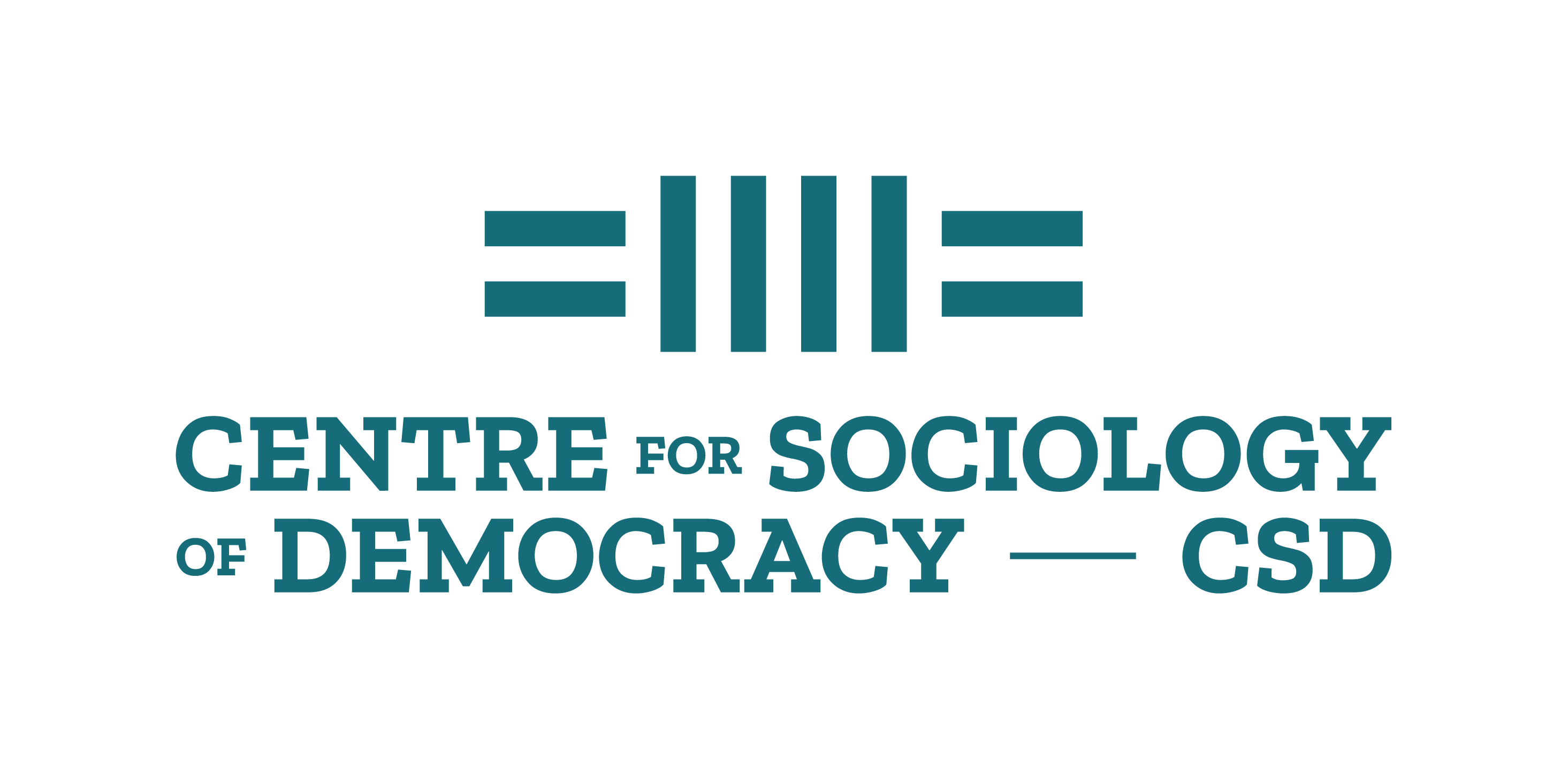

We are a methodologically diverse, interdisciplinary group of researchers investigating democracy in contemporary societies.
Recent Publications
In their chapter for the Concise Encyclopedia of Applied Ethics in the Social Sciences, Taina Meriluoto and Eeva Luhtakallio discuss the specificities of ethical questions when studying a political topic, in particular social movements and activists in stigmatized or risky positions.
By discussing current youth’s democratic practices and introducing the concept of visual politicization, Eeva Luhtakallio, Taina Meriluoto and Carla Malafaia argue for a reconsideration of what we understand as political action and propose new methodological tools for analyzing it.
In their article, Carla Malafaia, Jenni Kettunen and Eeva Luhtakallio explore the function of bodies as tools of visibility in ritualised online-offline performances. By analysing performative protests, the authors shed light on the importance of paying attention to non-verbal levels of political action and argumentation.
Recent News & Blog Posts
Activists participating in the environmental movement Elokapina see the sharing of images and videos in social media as a tool to tell people about daily protest activities, challenge the perceptions that people have of demonstrators and reach a wider audience for their message than would be possible through physical demonstrations. However, the personal nature of social media may also give rise to feelings of inadequacy and expose activists to strong negative attention.
The war in Ukraine and its refugees have evoked a wave of compassion among Europeans, to an extent that has not been seen with people fleeing the war in Syria, for instance. An overview of social media content illustrating the war helps us understand how the visualisation of the war influences people’s perceptions and attitudes towards Ukrainians. By emphasising the Europeanness of Ukraine, the threat posed by Russia and the clear moral set-up of the war, the images bring Ukrainian fates closer and make them grievable.
The Educação, Sociedade & Culturas journal (ESC – Education, Society and Cultures) has released a call for papers for a special issue to be published in 2022, “Education and Climate Activism: Youth democratic practices and imaginations towards a common world” with guest editors Carla Malafaia (ImagiDem, University of Porto), Maria Fernandes-Jesus (University of Sussex) and Eeva Luhtakallio (ImagiDem, University of Helsinki).
Our Projects
CSD is engaged in multiple separate projects:

ImagiDem explores and conceptualises visual participation of young European citizens. By understanding how today's youth build political arguments, solve conflicts, build commonality, and what tools they use to politicize issues of their concern, the project aims at formulating a model of democratic practices of the 2020s.
»

The YCAP project studies ethnographically and computationally how young people in Finland today participate in civil society and politics, on- and offline, through four different modes: anti-/proto-politics, empowerment projects, activism, and formal politics.
»

In Finland, millions of people are living in the state of total democracy: all the institutions of their life are democratic in one way or another. How does this parademocratic system function as part of the democratic whole, and which cultural tools of democracy are being used in these settings?
»

Moral polarization means a lack of shared moral frameworks which makes it difficult to solve moral debates in the public. Polarization is detrimental to societal belonging and trust, which are important not only for stability but progress, too. The project studies morally polarized public debates to find common ground.
»
Read more about the project

Demokratiatekijät reinforces institutional structures within CSD, strengthens analytical ties across different research projects, and brings the center's groundbreaking research to wider audiences through multiple channels of outreach.
»

The RORE project studies ethnographically how activists in Finland today engage in high-risk activism. The research focuses on how these activist groups take shape, how risk affects group dynamics, and how the phenomena relates to changes in Finnish political culture.
»

Kaikenlaisilla alueilla syntyy jaettuja käsityksiä siitä, mikä on tavallista ja toivottavaa, mutta kuitenkin vain joidenkin alueiden normaalista tulee yhteiskuntaa määrittävä normi – ”normatiivinen normaali”. HYHY-projekti tarkastelee hyvän elämän normia ja sen rakentumista koulutetun keskiluokan asuinalueilla.
»
Read more about the project (in Finnish)



